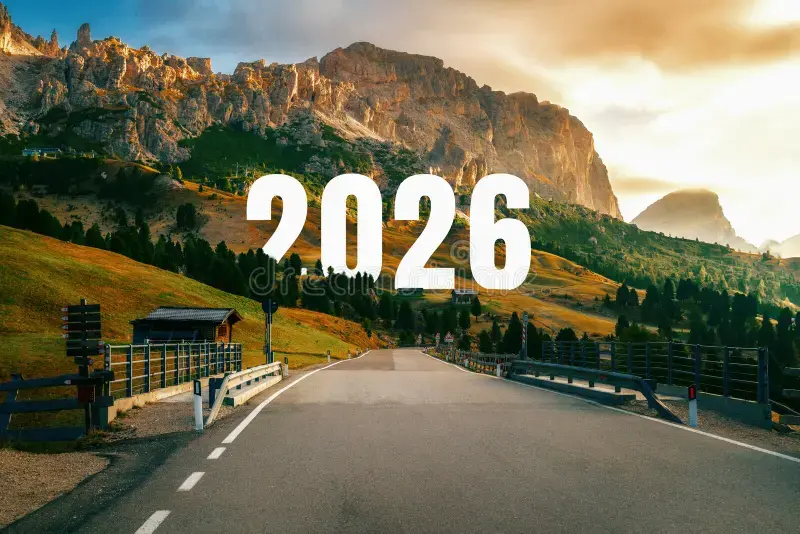Digitizing the World
- rfine2
- Feb 5, 2023
- 2 min read
Updated: May 18, 2023

Technology has changed nearly every academic field and history is no exception. Today. society has access to almost everything within just a click of the mouse. Historians have utilized this to the best of their ability using this new technology to share artifacts and collections that would otherwise be sitting in a museum collection waiting for display. Many museums now have extensive digital galleries/libraries. This resource not only shares its collections with the world but allows people to transport around the world in a matter of seconds. Digital history is a resource shared by historians, archeologists, researchers and so many more.
One example (perhaps my favorite example) is Digital Giza. This project is near and dear to my heart. Through this site (working with Harvard University) I can be transported back to Giza in seconds. The website claims the Giza Project “aims to assemble and provide access to all archeological records about the most famous site in the world: the Pyramids, surrounding cemeteries and settlements of Giza, Egypt” but it does so much more than that. This project gives guided tours through the site and works with archeologists to educate those who would not have the ability to travel to see the site first hand. Another great aspect of this project also welcomes students and teachers of all ages, not just academics to grow and learn along with the project. It lays out lesson plans to better facilitate teachers' needs and has a glossary for students who may not understand the site without it. Perhaps my favorite part of this interactive site is your ability to save and share archeological collections right on the site.
It’s websites and projects such as Project Giza that show how technological advancements and Digital History has opened up a whole new way for historians to share their work and allow others to not only benefit but also contribute from all over the world. Digital history is constantly changing and evolving. As our technology enhances, people will ultimately use it to enhance or destroy. Luckily Digital Historians have found a way to use this new technology to preserve and keep alive what others would allow to fade into nothingness. Digital History has allowed us to reach new heights in all fields. I can’t wait to see how much we can gain from more and more technology being introduced into the field.
Bibliography
Cauvin, Thomas. Public History: A Textbook of Practice. Routledge, 2016.
Cohen, Daniel, Michael Frisch, Peter Gallagher, Steven Mintz, Kirsten Sword, Amy Murrell Taylor, William Thomas III, and William Turkel. “Interchange: The Promise of Digital History.” Journal of American History 95, no. 2 (September 1, 2008): 452–91. https://doi.org/10.2307/25095630.
Cohen, Daniel, and Roy Rosenzweig. “Promises and Perils of Digital History.” In Digital History: A Guide to Gathering, Preserving, and Presenting the Past on the Web. Philadelphia, PA: University of Pennsylvania Press, Incorporated, 2006.
Seefeldt, Douglas, and William Thomas. “What Is Digital History?” Perspectives on History, 2009. https://www.historians.org/publications-and-directories/perspectives-on-history/may-2009/what-is-digital-history.
Thomas III, William. “Computing and the Historical Imagination.” In Companion to Digital Humanities (Blackwell Companions to Literature and Culture), edited by Susan Schreibman, Ray Siemens, and John Unsworth, Hardcover. Blackwell Companions to Literature and Culture. Oxford: Blackwell Publishing Professional, 2004. http://www.digitalhumanities.org/companion/.
“Welcome to the Giza Plateau.” Digital Giza | Home. Accessed February 5, 2023. http://giza.fas.harvard.edu/.





Comments